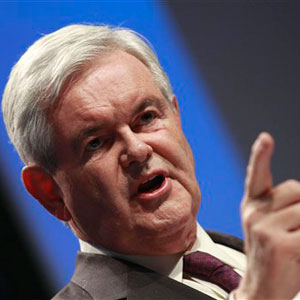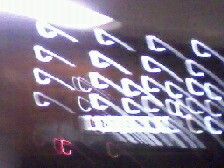Time-Travel with Emily Dickinson
written and performed by MiMi Zannino
March 2012 Performance Dates - Free to All
March 10, Saturday, 3 pm, Federal Hill Library
1251 Light St, Baltimore, MD 21230
Enoch Pratt library phone: 410-396-1096
March 31, Saturday 2 pm, Govans Library
5714 Bellona Ave, Baltimore, MD 21212
Enoch Pratt library phone: 410-396-6098
For more information: call 443.528.6464
or email: MiMiZannino@gmail.com
http://www.emilydickinsonlive.com/
http://www.memorylanepress.com/
My friend and fellow poet Rosemarie ("MiMi") Zannino will be presenting a one-woman show on poet Emily Dickinson (1830–1886) at two local Baltimore libraries in March. I will be advising MiMi on the project but she did not want me to see the script beforehand but asked that I see her presentation first. It should be interesting.
I suppose in a way I have mixed feelings about actors playing historical characters. First of all, as I mentioned to MiMi in a recent telephone conversation, any director or writer coming to a historical project is going to bring their own point of view to the portrayal of past events. Just the mere distance in time means that as much as directors and screenwriters try to capture the past, they may or may not do so, and today's political and sociological whims don't help in the effort. While hopefully whomever mounts such a portrayal of a historical figure will attempt to faithfully portray the character and the events in which they were involved as they happened, it is likely that the artist is going to at least bring their own flavor to the portrayal or, in the extreme, give a distorted view of the person and the occurrences.
There are two current films that come to mind that provide portrayals of larger-than-life characters: Leonardo Di Caprio as the long-time director of the Federal Bureau of Investigation J. Edgar Hoover in Clint Eastwood's J. Edgar and Meryl Streep's portrayal of former British Prime Margaret Thatcher in The Iron Lady directed by Phyllida Lloyd (previously known for Mamma Mia).
I have seen J. Edgar but have not yet seen The Iron Lady.
Both portrayals have been slated by some critics as being more "impersonations" than fully rounded portrayals. Indeed, The Iron Lady has been described by many as being a poor movie despite the fact that the actress has been praised for her performance. Noticeably also, in the Academy Award nominations announced on Tuesday just before President Barack Obama's State of the Union Address (the President was not nominated for an Oscar!), but Streep was nominated but DiCaprio pointedly was not. I am not surprised by this, because although I thought J. Edgar was an interesting film, it was by no means a great one.
Part of the trouble with J. Edgar is that, as director, Eastwood was trying to cover too much territory in following Hoover for over a half century from the Red scares of 1919 right up to the time of his death in 1972 -- the FBI man just missed out on Watergate -- Hoover died on May 2 and the "Plumbers" break-in at the Democratic headquarters at the Watergate, ordered by President Richard M. Nixon, took place six weeks later on June 16. Given that Nixon and Hoover were both notoriously suspicious men who nursed grudges, it is intriguing to wonder, if Hoover had lived longer, what the FBI director could have done to discredit the president over the scandal. Might Nixon might have been forced to resign earlier, or would Hoover have just blackmailed Nixon?
In any case, because of the need to cover so much of Hoover's long career, as a result, J. Edgar doesn't quite hold together. I also felt that Eastwood was trying to tiptoe around the issue of Hoover's relationship with his longtime associate Clyde Tolson. The director more hints at the homosexual nature of the relationship than actively explores it.
In terms of the Streep portrayal of Thatcher, who unlike Hoover, is still alive, a number of the former British PM's political associates have slammed the film as being an "insulting" portrayal of the British leader.
As for Emily Dickinson, the Amherst, Massachusetts poet, long regarded as reclusive and virginal, famously characterized as "The White Lady" based on a portrait of her, has undergone somewhat of a revisionist reappraisal in recent years with feminists and others seeing her as much more activist and engaged in her New England society than previous treatments of her have conceived. It will be interesting to see how MiMi Zannino approaches her.
Meanwhile, yours truly is due to provide the voice for Sir Charles Warren in Erie, Pennsylvania director Justin Dombrowski's Ripper script, "Autumn of Terror." Initially, this will be a play for voices preliminary to doing a full-scale film of the project. Justin tells me: "Think of it as a project to build up a visonary medium for when it will be optioned out."
Sir Charles Warren (1840-1927), Commissioner of the Metropolitan Police at the time of the Whitechapel Murders of 1888.


















